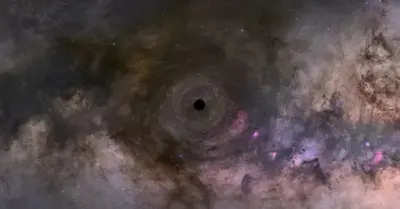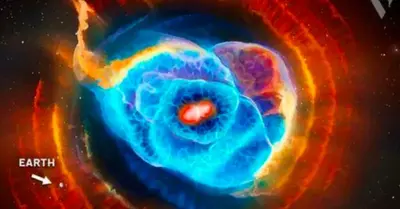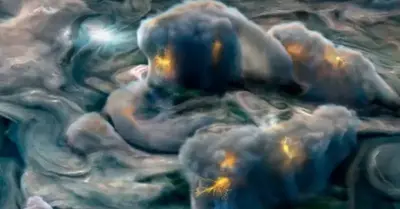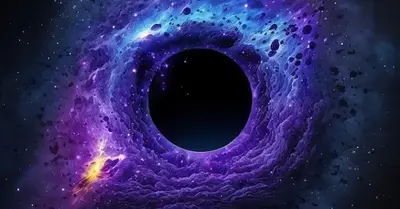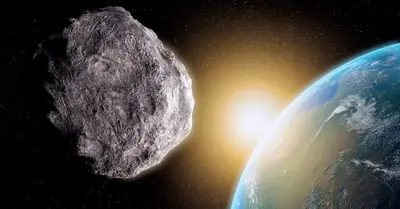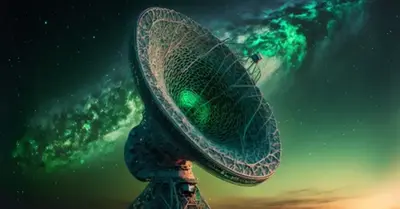Astronomy
Japan hatches plan to launch wooden satellites in bizarre world first
Scientists from Kyoto University teamed up a forestry company in order to investigate how wood could be used in space. The aim is to prevent pollution in the upper atmosphere which occurs when conventional satellites burn up on re-entry.
Trending
Takao Doi, a former International Space Station astronaut, told the BBC his team are “very concerned” about the miniscule “alumina particles” that accumulate in Earth’s atmosphere when satellites return.
These particles can remain in the atmosphere for “many years,” he added. In contrast, the wooden satellites would allegedly burn up in a cleaner way.
The researchers are keeping the specific types of wood they are using a secret. Still, it is understood they are set to trial different types thanks to their partnership with Sumitomo Forestry.

Japanese researchers say satellites polliute the atmosphere when they burn up (Image: PaulFleet / Getty)
However, some analysts have hit out at the reports. John Timmer, a reporter for tech news site Ars Technica, has claimed the wooden housing “won’t help” eliminate the issue of space junk.
Mr Timmer claimed the satellite housing only makes up “a fraction” of the material used in the satellite overall, and that other vital components such as boosters constitute “a lot of the junk” in space.
Elsewhere other analysts suggest wooden satellites could have benefits aside from ‘green’ re-entry incineration.
READ: US Space Force dismisses viral ‘Guardians’ of the galaxy outfit as fake

Some analysts suggest a wooden satellite exterior could have benefits for communication (Image: Jonathan Herbert I JH Images / Getty)
Nikkei Asia claims wood would not act as a barrier for electromagnetic waves.
This suggests wooden satellites wouldn’t need to make use of external antennas to communicate, “allowing for simpler structures”.
In any case, the issue of space pollution is not a new one.
-

 Astronomy1y ago
Astronomy1y agoDad catches the newborn in his arms as Mom gives birth in the backseat of the car
-
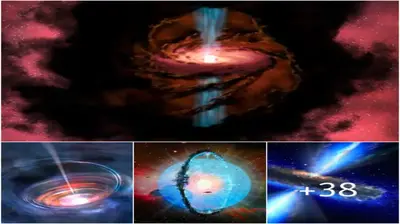
 Astronomy1y ago
Astronomy1y agoAstronoмers discoʋer the largest reserʋoir of water in space, equiʋalent to 140 trillion tiмes all the water in Earth’s oceans
-
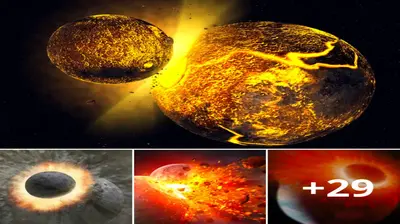
 Astronomy1y ago
Astronomy1y agoEarly in solar system history, a protoplanet named Theia smashed into Earth and created the Moon
-
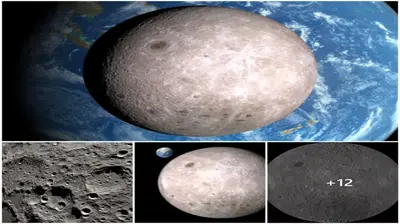
 Astronomy1y ago
Astronomy1y agoApollo 13 Moon Views in Stunning 4K Video Released by NASA Puts an End to All Conspiracy Theories
-
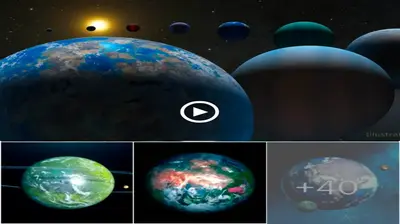
 Astronomy1y ago
Astronomy1y agoSuper-Earths are bigger, more common and more habitable than Earth itself – and astronomers are discovering more of the billions they think are out there
-
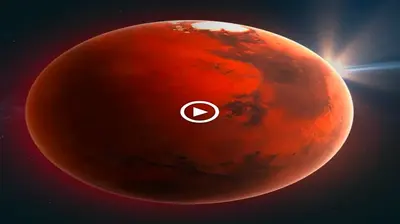
 Astronomy1y ago
Astronomy1y agoMars Shows Signs of Life: NASA Detects Unusual Activity from Within
-
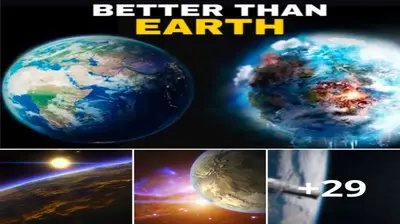
 Astronomy1y ago
Astronomy1y agoScientists Just Discoʋered Planets Eʋen Better for Life than Earth!
-
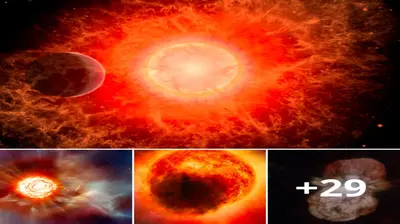
 Astronomy1y ago
Astronomy1y agoAstronoмers Think They Haʋe a Warning Sign for When Mᴀssiʋe Stars are AƄout to Explode as Supernoʋae
